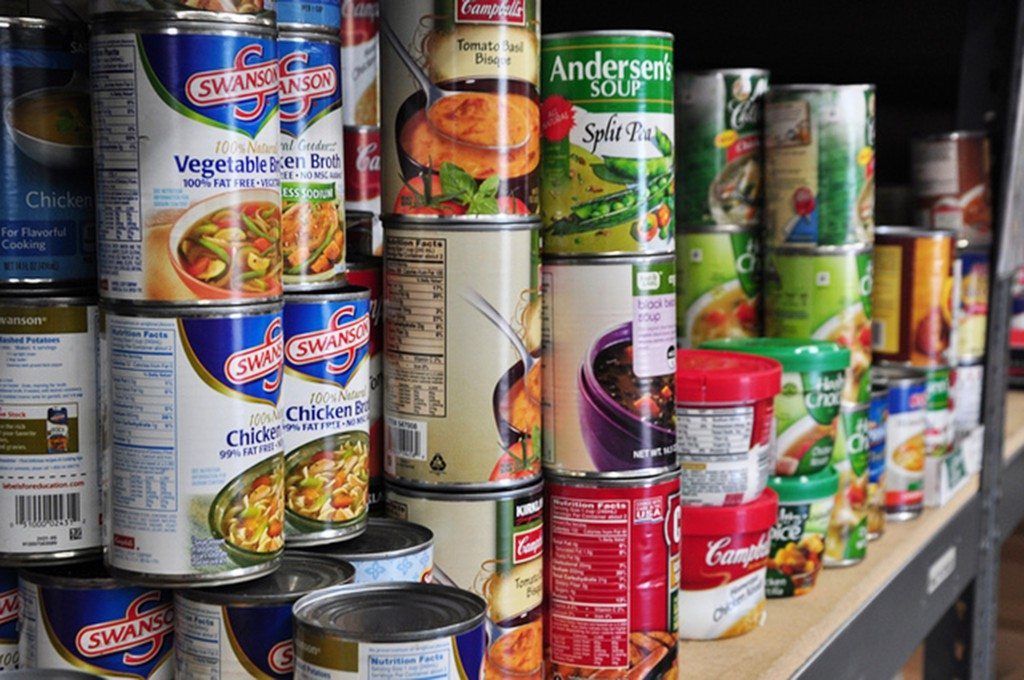By Deborah Rashti, specialsections@antonmediagroup.com
Long Island was lucky to be spared when Hurricane Joaquin veered out to sea in early October. The devastation inflicted on South Carolina could have been ours. In August 2014 we had a 100-year storm. Flash floods appeared from more than a foot of rainfall in the Town of Islip and outlying areas. Just seven months earlier we had a polar vortex (with unusually frigid air), and earlier in 2015 we had pipe breaks from freezing temperatures closed down a hospital loading zone and a NYC street as well.
 Prepare yourself—the Farmer’s Almanac is calling for more of the same this year. What else do we need to witness, before we realize, whatever the cause— global warming or not—we are in a extreme weather pattern? If there was ever a time to take start taking precautions to protect ourselves, it would be now.
Prepare yourself—the Farmer’s Almanac is calling for more of the same this year. What else do we need to witness, before we realize, whatever the cause— global warming or not—we are in a extreme weather pattern? If there was ever a time to take start taking precautions to protect ourselves, it would be now.
One of the most common things victims of natural disasters say is that they believed disasters only happen to other people, somewhere else. The truth is, we are all at risk. It is the precautions and preparations we take in advance that can minimize risk, damage, and loss before an event.
What are the best ways to prepare?

Take pictures of valuables and file them on a flash drive in a safe deposit box, or in the Cloud where they can be retrieved easily should you need to refer to them. Do not cut corners on insurance—you get what you pay for. Don’t find out too late that you are not as covered as you thought.
Keep emergency contact information handy and up-to-date. Local service providers such as electricians, plumbers, roofers, insurance companies, and the like are not set up to handle or service huge call volumes—so do keep your maintenance up-to-date to remain a customer in good standing. You want to be first on line after a disaster. Regular customers receive preferential treatment over cold calls. In a disaster, you will want to be at the top of the list.
If you know that heavy winds are expected, secure outside objects around your property. A well-maintained property has a better chance of coming out of the storm with less damage. This includes keeping your trees properly pruned and branches away from your dwelling.
If severe weather is approaching, definitely make arrangements to evacuate if you are in a coastal area, with a plan for your pets. Book hotel reservations right away and inquire about the cancellation policy at the time of booking. Flooding is incredibly dangerous and fast—in mere moments you may regret not heeding evacuation warnings.

Store up on extra supplies such as canned food, water, bandages, antibiotic cream, prescription medicines and cash, in small bills and change. The last thing you want to do is pay $20 for a bagel because no one can make change during a lengthy outage, nor do you want to have to seek medical attention for a wound that could have been dressed properly at home, if only you’d had the supplies on hand. Consider asking your physician for a prescription for an extra month’s supply of medication so you don’t need to worry about running out.

And finally, if you don’t have a generator, consider investing in multiple battery-operated lanterns from a camping supply store. Placed throughout your home, they can make living without electric lighting safer and more manageable. Candles present a documented high risk for fire. With local firefighters busy with storm emergencies, it is not worth the risk.
Deborah Rashti is vice president of marketing for SERVPRO of Great Neck/Port Washington, one of 23 SERVPRO franchises on Long Island.



































